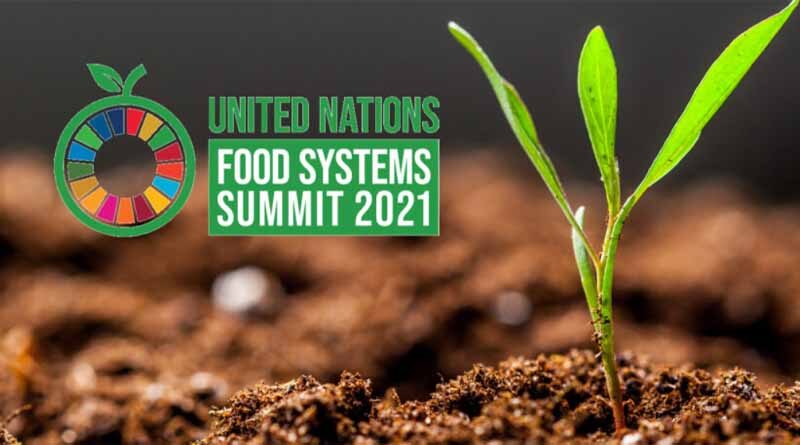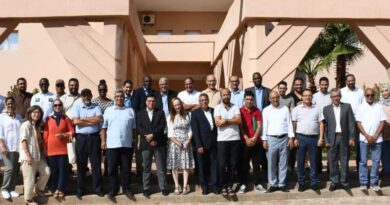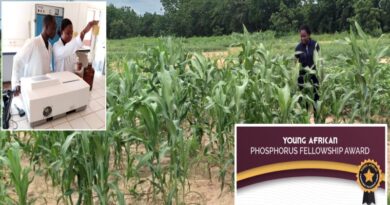Sustainable Soil Fertility Management And Carbon Sequestration In Cropland
06 September 2021, Morocco: Ahead of the United Nations Food Systems Summit (UNFSS) taking place on September 23, 2021, a scientific consortium of agricultural research and development organizations has released a white paper titled “Potential and limitations of soil organic carbon sequestration in croplands: the role of sustainable fertility management.”
The group of scientists — representing the International Centre for Agricultural Research in the Dry Areas (ICARDA), Mohammed VI Polytechnic University (UM6P), the African Plant Nutrition Institute (APNI), OCP North America (OCP NA), and the Institut National de la Recherche Agronomique (INRA) — argue that maintaining or enhancing the SOC stocks is one of the most critical interventions to fight against climate change, soil degradation and ensuring the sustainability of agriculture.
Also Read: Import of Readymade Pesticides Formulations without registering Technical Grade Products in India is becoming major threat
This publication provides a thorough review and synthesis of the current scientific evidence for the potential of various crop, soil and nutrient management practices to enhance soil C sequestration in many regions of the world.
“… adoption of fertilizer management practices with chemical fertilization and manure application along with crop residue retention are among the most efficient and effective way to increase SOC accumulation or reduce SOC loss in arable soils. In areas with nutrient deficiency, mineral fertilizers support the dual agronomic and environmental benefits by increasing crop yields and biomass and thus the crop residue and root carbon input to soil.” – UNFSS White Paper
Current evidence is clear that a site-specific nutrient management using a combination of mineral and organic fertilizers, combined with other good agronomic practices, can deliver optimal results for farmers and for food security. However, the authors highlight the need for additional research to provide policy-makers and farmers with a regionally nuanced evidence base that will further encourage widespread adoption of SOC-enhancing practices.
“This paper provides a global perspective but also zooms in on the critical need for the widespread adoption of agronomic practices suited to create sustainable cropping systems in the highly weathered, infertile soils of the tropics that support the vast majority of the world’s poor and malnourished,” explains APNI Director General and Co-author, Dr. Kaushik Majumdar.















